
The rationale motivating and grounding the panel, “Discussing the ‘Nones’: What They Say about the Category of Religion and American Society”, which was part of the Religion and Popular Culture Group in the American Academy of Religion meeting in Baltimore in November 2013, was to initiate a conversation over and about what the construction of the category “Nones” says (or doesn’t say) about the category of religion and religion in American society.
The label “Nones” typically refers to those who report “no religious affiliation” on surveys, with recent reports emphasizing a growing number of those counted as “None,”—1 in 5 by an October 2012 Pew Forum Report. Here, the Edge‘s own Monica Miller and Steven Ramey reflect on their participation in this panel, which also included Sean McCloud (UNC Charlotte), Chip Callahan (Missouri) and Patricia O’Connell Killen (Gonzaga). Continue reading “Notes from the Field: Nones and the AAR”

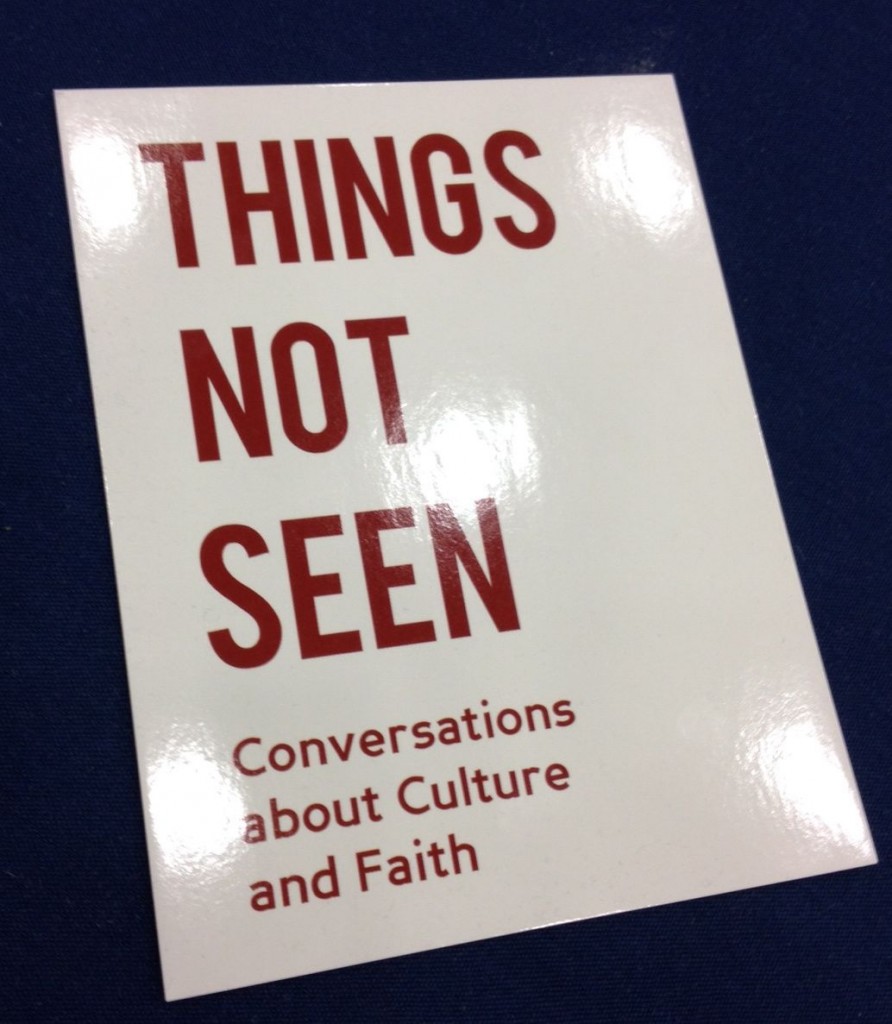 If we’re defined by our other, then I’d say that this is what Culture on the Edge
If we’re defined by our other, then I’d say that this is what Culture on the Edge 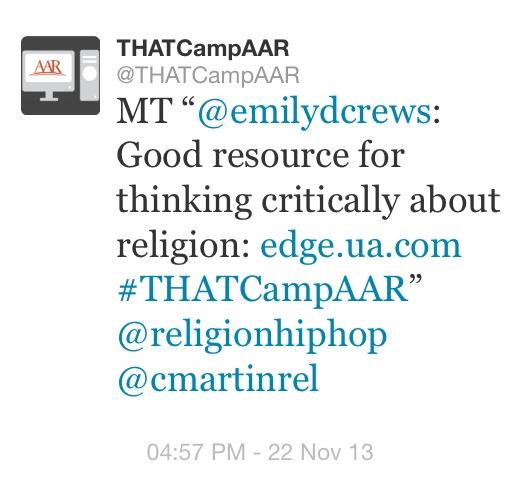
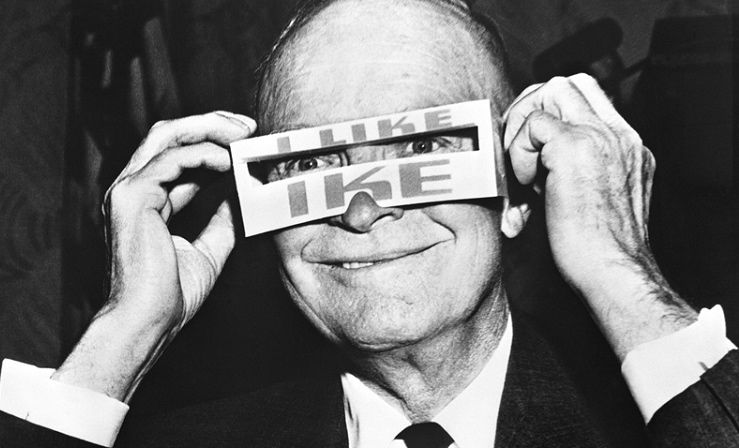 We’re all near the Edge–but how close are you?
We’re all near the Edge–but how close are you?
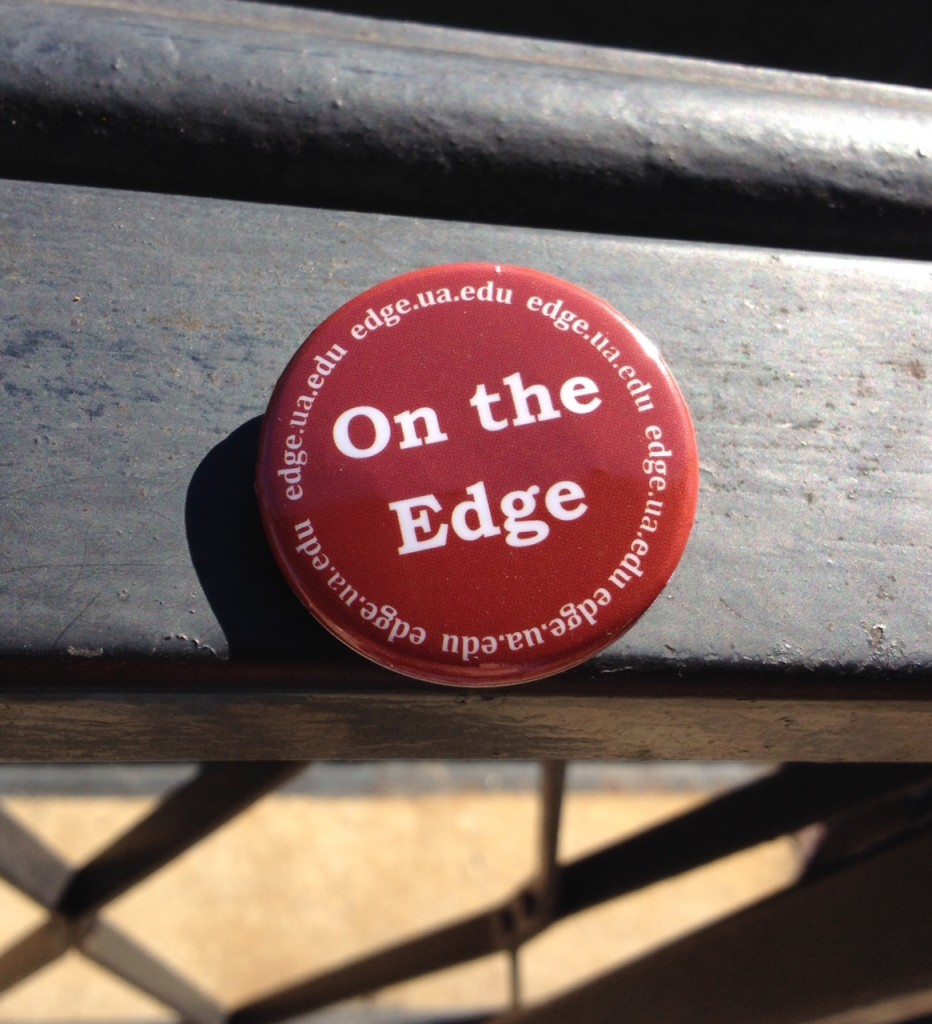

 Looking for a Culture on the Edge button while at the annual meeting of the American Academy of Religion/Society of Biblical Literature next week? Then consider stopping by the book display and finding the Equinox Publishers booth. There’s bound to be some there.
Looking for a Culture on the Edge button while at the annual meeting of the American Academy of Religion/Society of Biblical Literature next week? Then consider stopping by the book display and finding the Equinox Publishers booth. There’s bound to be some there.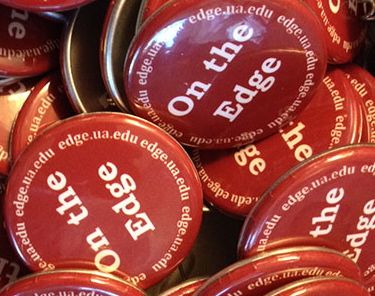 And while you’re there, consider whether your own work fits the larger project that we’re working on, here at the Edge. We have a
And while you’re there, consider whether your own work fits the larger project that we’re working on, here at the Edge. We have a 

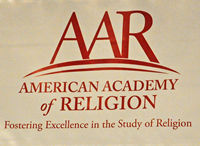 For 2012-3, Culture on the Edge’s
For 2012-3, Culture on the Edge’s